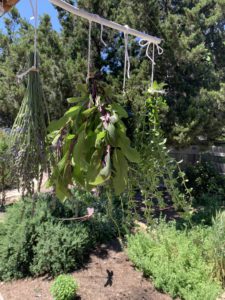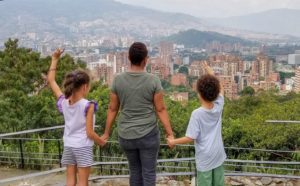Things we’ll miss when we’re roamers
Wow, where to start?! During this endless pandemic I’ve been trying to focus on the things that bring joy to our lives, the things for which we are endlessly grateful. And I’ve realized that some of them are not going to be part of our lives as Roamers.
For example, family and friends. Sure, they’ll still be in our lives, but we won’t be able to see them as often as we’d like. And I’ll miss special gatherings, unable to come back to the U.S. without advance planning. For example, I have a group of high school girlfriends who gather annually for a “Wild Women’s Weekend.” I will have unbearable FOMO the first time I have to miss that.
We will miss Baxter, our rescue cat, more than I can say. He makes us laugh every single day. He is a cat with personality who never met a stranger. How will we ever be able to say goodbye to him? We’re hoping we can find him a new home with family or friends, so we can visit him when we’re Roamers. But it breaks my heart to even think about giving him up.
Dinner parties. I love to cook and love to entertain. It doesn’t stress me out and it’s so much fun, especially when we can bring people together to form new friendships. But when we’re Roamers, we probably won’t stay in one place long enough to form strong friendships, so hosting dinner parties will be a rare opportunity. I’ll miss that.
Gardening! I’m the opposite of an expert, but I love growing things, especially food. Well, to be honest, what I really enjoy is harvesting. The rest is just effort. But if we’re somewhere that offers regular farmers’ markets, we can still get close to that joyful feeling of harvesting.
Getting in the car any time we need to go somewhere. While we love walking and look forward to living in an urban environment, we’ll miss the ability to spontaneously jump in the car and go, often just driving aimlessly to see what we’ll discover. We’ll have to plan ahead to rent a car when we want to drive anywhere.
Having a home. This is a big one. We love our little house and garden, and making it our own over the past three years has been a joy. We’ve lived in eighteen different homes during our marriage, and this is my favorite house ever. And we love coming home from a trip, getting back to this comfortable space that’s entirely our own. I think as long as we’re together we’ll feel at home–but roaming will be the test!
We will miss these things, and so much more. But one thing this pandemic has taught us is that life is short. We truly cannot wait to discover new things on this big adventure!
My “Wild Women”
Basket Baxter
Gardening!
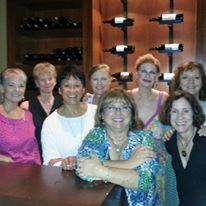
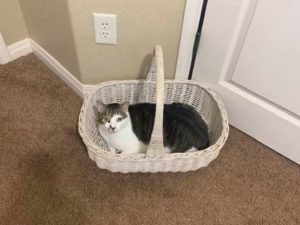
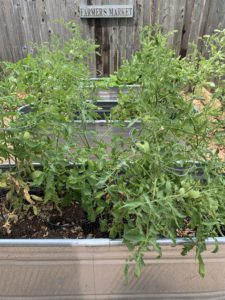

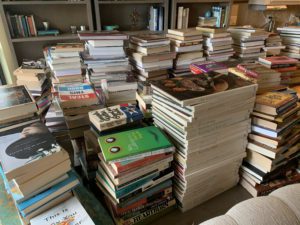

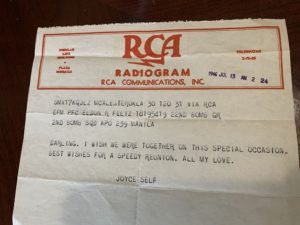
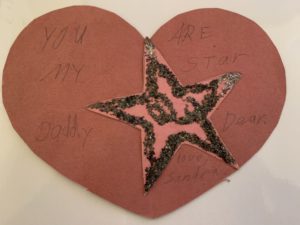
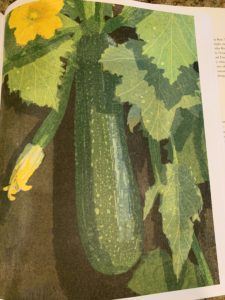


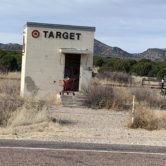
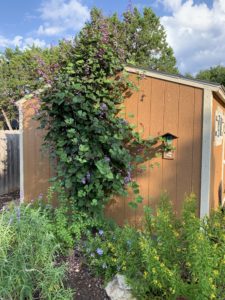


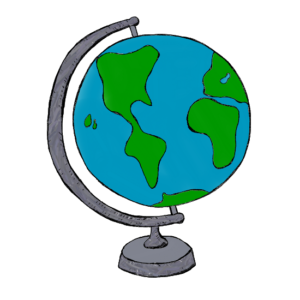
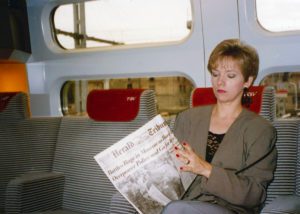

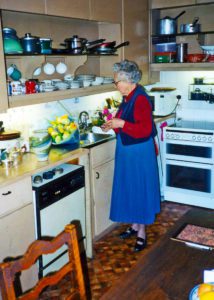
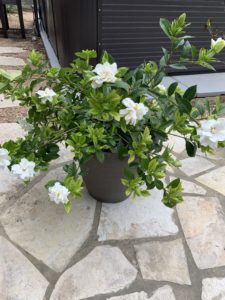
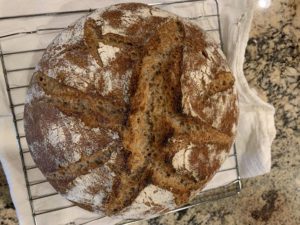 My first successful whole grain sourdough bread!
My first successful whole grain sourdough bread!
